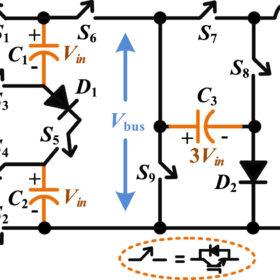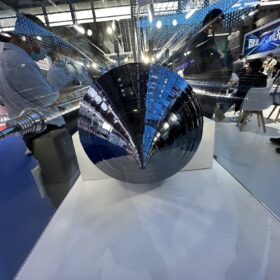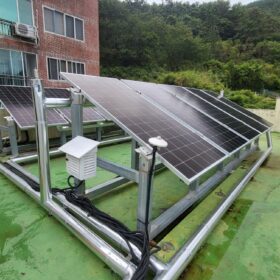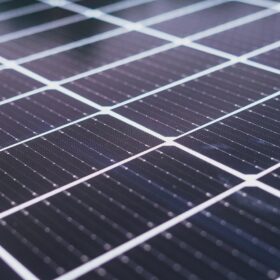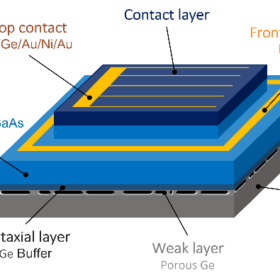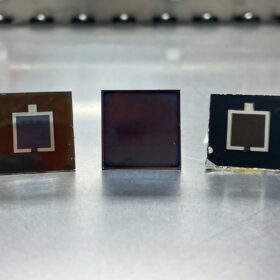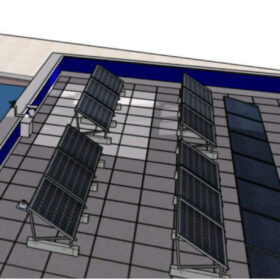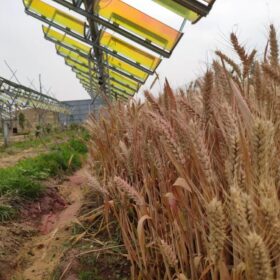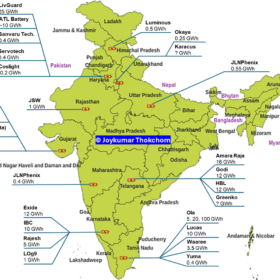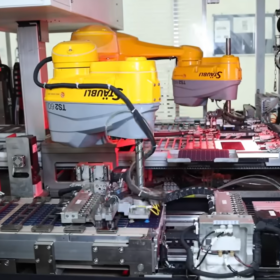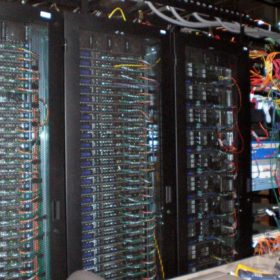New multilevel PV inverter concept based on switched capacitors, single DC input
Scientists in India have developed a 500 W seven-level inverter prototype based on switched capacitors. The device is reportedly able to achieve a high efficiency despite switching, conduction, and capacitor voltage ripple losses.
Polysilicon prices could hit all-time low by year-end
Bernreuter Research says in a new report that it expects polysilicon prices to soon dip below the historical low of $6.75/kg, which was reached in June 2020. It says global polysilicon capacity could hit 2.75 million metric tons (MT) by the end of December, with just 200,000 MT of the total outside of China.
Japan’s 18th solar auction concludes with lowest bid of $0.053/kWh
Japan’s latest procurement exercise was open to PV projects above 250 kW in size. The lowest price came in at JPY 7.94 ($0.053)/kWh, with 105 MW of allocated capacity.
Retrofit solution to convert rooftop PV systems into photovoltaic-thermal arrays
Scientists in Korea have proposed a simple methodolgy to tranform existing PV systems into photovoltaic-thermal (PVT) arrays. They claim the new design offers a cheaper alternative to expensive PVT systems, while enabling easier and faster deployment.
Solar module prices may reach $0.10/W by end 2024
Tim Buckley, director of Climate Energy Finance, speaks to pv magazine about the current steep trajectory of solar module prices. He estimates that PV panels prices will end up dropping by 40% this year and predicts the closure of old technology and sub-scale solar manufacturing facilities, both in China and globally.
Gallium arsenide solar cell achieves 23.1% efficiency via electrochemical porosification
An international research group has utilized a new porosification technique to build gallium arsenide (GaAs) solar cells that allow the recovery of germanium films. The new cell achieved an efficiency that is reportedly in line with that of other GaAs PV devices, but can be produced at a lower cost thanks to the reuse of germanium.
Scientists achieve 29.9% efficiency for four-junction perovskite-CSI tandem solar cell
Achieved by scientists led by the National University of Singapore, the result is the highest efficiency ever recorded for a perovskite-CIS tandem solar cell at the research level to date. The researchers used methyldiammonium diiodide (MDADI) to reduce open-circuit voltage losses in the top perovskite cell.
‘Cool roofs’ increase power yield in bifacial rooftop PV systems
A Spanish-Algerian reserch group has tested how “cool roofs” could help increase power yield in rootop bifacial PV systems. Cool roofs are based on coating materials with high reflectance properties.
Agrivoltaic system achieves 9.9% efficiency, LCOE of $0.033/kWh
Researchers in China have built a prototype of a spectral-splitting concentrator agrivoltaic system (SCAPV) with a PV efficiency of 9.9, a hybrid light-use efficiency rating of 9.05%, and a levelized cost of energy (LCOE) of $0.033/kWh.
Residential PV for urban loads as an antidote to solar curtailment
Researchers in the Netherlands have proposed the use of residential PV capacity to supply electricity to urban loads such as tram substations and dwellings, potentially reducing PV curtailment and demand for additional storage.

